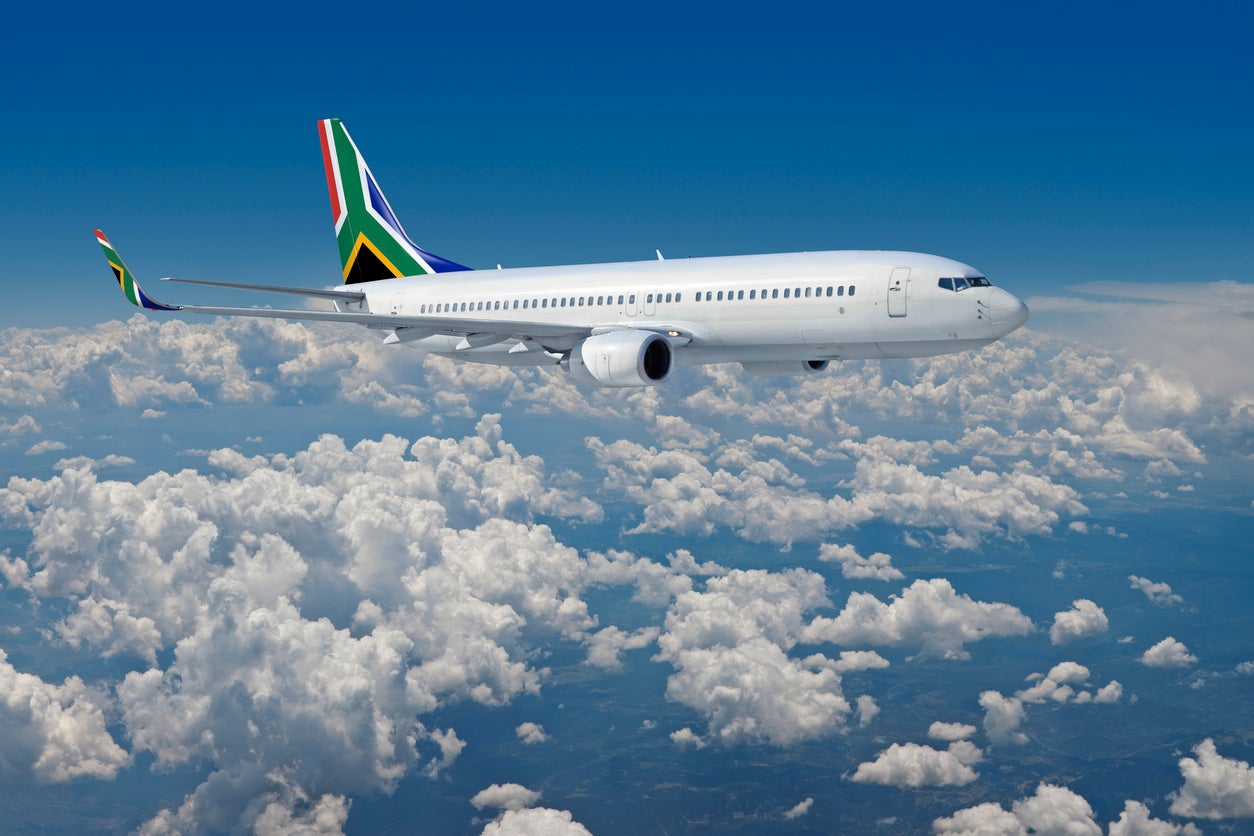The best and worst state-owned airlines
Plane Talk: Nationalised carriers are some of the world’s best – and most of the world’s worst

Your support helps us to tell the story
From reproductive rights to climate change to Big Tech, The Independent is on the ground when the story is developing. Whether it's investigating the financials of Elon Musk's pro-Trump PAC or producing our latest documentary, 'The A Word', which shines a light on the American women fighting for reproductive rights, we know how important it is to parse out the facts from the messaging.
At such a critical moment in US history, we need reporters on the ground. Your donation allows us to keep sending journalists to speak to both sides of the story.
The Independent is trusted by Americans across the entire political spectrum. And unlike many other quality news outlets, we choose not to lock Americans out of our reporting and analysis with paywalls. We believe quality journalism should be available to everyone, paid for by those who can afford it.
Your support makes all the difference.Fantasy airline alliances is, I concede, a minority sport. But I have created the One Star Alliance, comprising the worst state-owned carriers in the world.
“Worst” is a subjective term, of course. I have enjoyed flights on Air India (excellent food), Alitalia (superb cabin crew) and South African Airways (terrific music selection on the inflight entertainment, especially playlist Africa).
But these national carriers let their great countries of origin down badly.
Last year Air India lost 88 billion rupees (£940m), 50 per cent worse than the previous dire performance. That means every passenger flown in 2019 was in effect subsidised by the Indian taxpayer to the tune of £44.
Alitalia – well, where to begin? Perhaps in 2008, when an official in the US Embassy in Rome wrote to his or her masters in Washington DC: “The Alitalia saga is a sad reminder of how things work in Italy.
“A group of wealthy Berlusconi cronies was enticed into taking over the healthy portions of Alitalia, leaving its debts to the Italian taxpayers.”
Twelve years on, I struggle to identify any healthy portions of the national carrier I described as “too Italian to fail”.
Alitalia’s finances are more tangled than tagliatelle. But when the 2019 results are revealed in a week or so, I predict a loss of around £10 for each of the 20 million or so passengers flown last year. Meanwhile Rome provides a virtuoso performance of skating around the European Union’s rules against state aid to airlines.
A cynic would say that almost every airline in Africa would collapse were they not propped up by the state. So is it fair to single out South African Airways?
Yes, because the South African national carrier does business in a country that purports to support competition. The success of Comair, which operates both (budget) Kulula and the local version of (full-service) British Airways, shows that connecting a country five times the size of the UK can be profitable. The loss per passenger over at SAA is around £15.
When, in 2017, SAA finally gained a chief executive who pledged to “break the loss-making cycle and transform the airline into a viable and sustainable entity”, he quit after 20 months. In his resignation letter, Vuyani Jarana said his strategy was being “systematically undermined” and that “it is impossible to succeed in the turnaround with the current level of bureaucracy”.
This week SAA is cancelling about a dozen domestic flights each day to try to reduce the rate at which it is haemorrhaging cash. Most of the grounded departures are on the links from Johannesburg to Cape Town and Durban.
But the nightly round trips between the airline’s hub and Munich are also being grounded. This is especially problematic because it triggers potential compensation payments under European air passengers’ rights rules of over £100,000 every night – and upsets passengers connecting to and from SAA’s Star Alliance partner, Lufthansa.
The obvious long-term cancellation from Europe is the daily link from Heathrow to Johannesburg. SAA has steadily reduced its presence in London, using the proceeds of selling slots temporarily to staunch its losses.
One prospective slot buyer: Ethiopian Airlines, which is a member of the (fantasy) Five Star Alliance alongside Emirates and Singapore Airlines.
The East African carrier, like its state-owned counterparts in the Gulf and southeast Asia, is thriving globally through the cunning trick of reliably flying modern aircraft with superb inflight service.
So how, in a continent not noted for aviation prowess, has Ethiopian Airlines achieved it?
“For most of us employees of Ethiopian Airlines, myself included, the pay check is always secondary,” says chief executive Tewolde GebreMariam. “It is a national duty.”
He has just celebrated 35 years working for the carrier, the last nine of them as chief executive. What makes Ethiopian Airlines stand out is that successive rulers, from Emperor Haile Selassie via the communist regime to the current government, have been “very disciplined” in letting the airline get on with it.
“The objectives of government and the objectives of business are different. Ethiopian Airlines is 100 per cent state owned but managed professionally, without political interference. It’s a very good mix.
“That is what I want to share with African governments.”
Let us hope they are listening in Johannesburg, Kinshasa and Lagos. Nationalised carriers are some of the world’s best – and most of the world’s worst.
Join our commenting forum
Join thought-provoking conversations, follow other Independent readers and see their replies
Comments